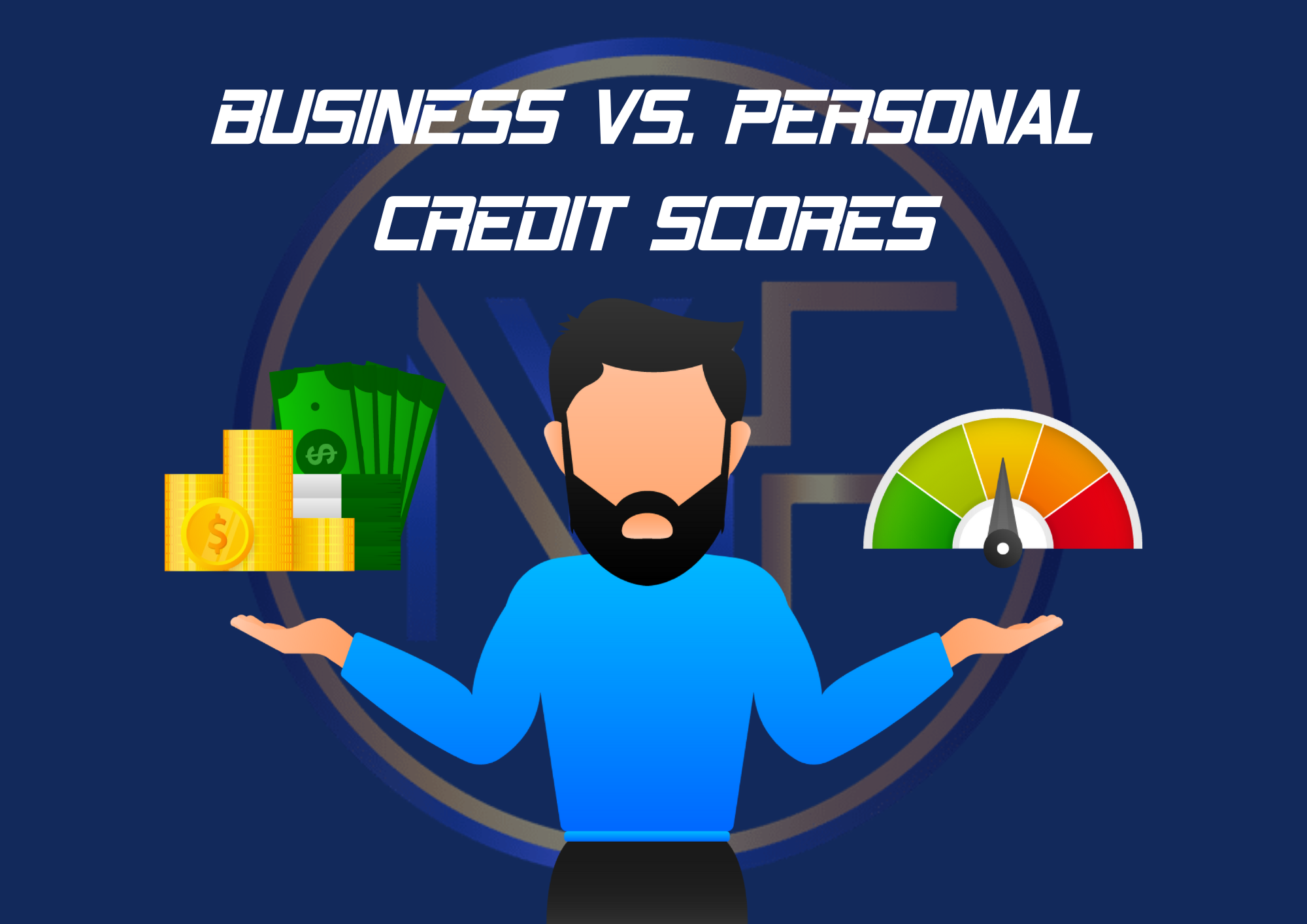
When it comes to maintaining a healthy credit score, timely bill payments play a crucial role. Missing a payment deadline may seem like a minor mistake, but it can have significant and lasting effects on your credit score. Understanding how late payments impact your credit score can help you take proactive steps to manage your finances and protect your creditworthiness.
How Late Payments Affect Your Credit Score
Credit scores are calculated based on several factors, with payment history being the most influential, accounting for 35% of your overall score. When you make a payment late, it’s recorded on your credit report and can cause an immediate drop in your credit score. The severity of the impact depends on several factors, including:
- How Late the Payment Is: A payment that’s 30 days late will have less of an impact than one that’s 60 or 90 days late. However, even a single 30-day late payment can lower your credit score by 50 to 100 points, especially if you had a good credit score before the late payment.
- Your Overall Credit History: If you have a long history of on-time payments and a high credit score, a late payment may not cause as much damage as it would for someone with a shorter credit history or a lower score. However, it’s important to note that the better your credit score, the more points you stand to lose from a late payment.
- The Type of Account: Late payments on certain types of accounts, like mortgages or auto loans, can have a more significant impact on your credit score than late payments on credit cards. This is because these accounts are often seen as more critical indicators of your financial responsibility.
- Frequency of Late Payments: If you have multiple late payments, especially within a short period, the negative impact on your credit score will be more severe. Consistent late payments can signal to lenders that you’re struggling to manage your finances, making you a higher-risk borrower.
Long-Term Consequences
The negative effects of a late payment can linger on your credit report for up to seven years. This means that even if you quickly catch up on payments and improve your financial habits, the late payment can continue to impact your credit score for years to come.
During this time, you may face several challenges, including:
- Higher Interest Rates: With a lower credit score, you’re likely to be offered higher interest rates on loans and credit cards. This can make borrowing more expensive and increase your overall debt burden.
- Difficulty Obtaining Credit: Lenders are less likely to approve applications from borrowers with a history of late payments. If they do approve your application, it may come with stricter terms, such as a lower credit limit or a higher down payment requirement.
- Potential for Additional Fees: Some lenders and creditors may impose late fees or penalties if you make a habit of paying late. These fees can add up quickly and make it even harder to catch up on your payments.
- Damage to Your Financial Reputation: A poor credit score can affect more than just your ability to borrow money. It can also impact your ability to rent an apartment, get a job, or even secure insurance coverage. Many employers, landlords, and insurers check credit scores as part of their evaluation process.
How to Mitigate the Impact of Late Payments
If you’ve missed a payment, it’s important to act quickly to minimize the damage to your credit score. Here are some steps you can take:
- Make the Payment as Soon as Possible: The sooner you make the late payment, the less severe the impact on your credit score. If you’re within the 30-day window, making the payment immediately may prevent it from being reported to the credit bureaus.
- Contact Your Creditor: If you’ve missed a payment due to a temporary financial setback, reach out to your creditor. They may be willing to work with you by waiving the late fee or allowing you to make up the payment without reporting it to the credit bureaus.
- Set Up Payment Reminders or Automatic Payments: To prevent future late payments, consider setting up reminders or enrolling in automatic payments. This can help ensure that you never miss a payment deadline.
- Monitor Your Credit Report: Regularly checking your credit report can help you catch and address any inaccuracies, including incorrectly reported late payments. You’re entitled to one free credit report per year from each of the three major credit bureaus—Equifax, Experian, and TransUnion.
- Focus on Building Positive Credit Habits: While late payments can hurt your credit score, consistently making on-time payments on all your accounts will help rebuild your credit over time. Positive payment history will gradually outweigh the negative impact of past late payments.
Conclusion
Late payments can have a significant and lasting impact on your credit score, affecting your ability to borrow money, secure housing, and even obtain employment. By understanding the consequences of late payments and taking proactive steps to avoid them, you can protect your credit score and maintain your financial health. If you do miss a payment, act quickly to minimize the damage and focus on building positive credit habits moving forward.






















